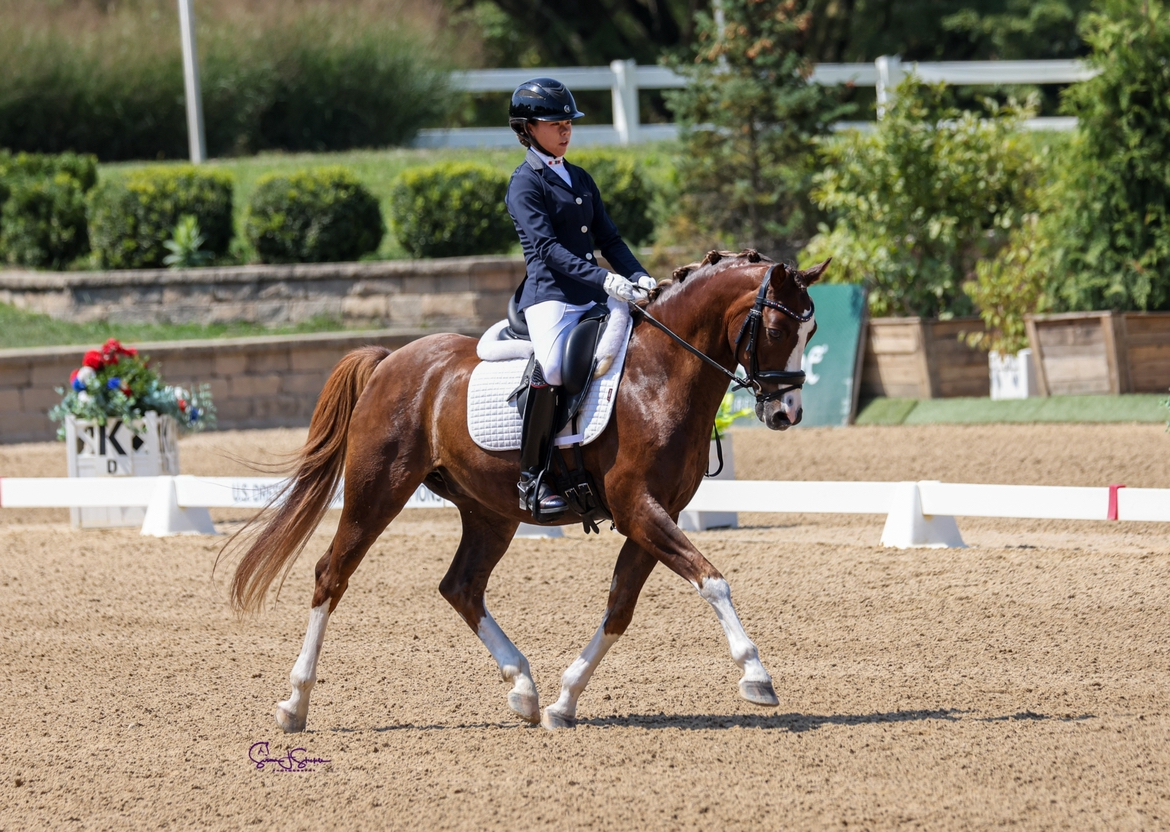CON: New bell schedule does not help student sleeping habits
May 16, 2023
Last year, I woke up every morning to the sound of my alarm at 6 a.m., jumped out of bed, showered and rushed to school before the first bell sounded at 6:55 a.m.
At home, I would try to study and give up because I was too tired. I would put my dog by my side, finally sliding into bed by 11 p.m. or midnight.
So hearing that the 2022-2023 school year zero period would start at 7:27 a.m. was a relief. I brushed off my fatigue from last year and looked forward to enjoying 30 more minutes of sleep.
Despite my optimistic expectations, this year disappoints me as I find my eyelids drooping in second period and the dark circles under my eyes being the most prominent they’ve ever been.
I return from school at 3:40 p.m., collapse on the couch for an hour and finish homework. Nothing else changed except for the nap and my later sleep time because of my advancement into sophomore year.
I’m fine with the 8:30 a.m. start time, but what bothers me is how the bell schedule change doesn’t help me.
I can’t be the only one who feels like this, right?
Actually, I know I’m not the only one.
My friend, who had the same zero period as me last year, came into the class just as the tardy bell rang every day.
This year, he’s not taking a zero period.
And he’s late every single day.
Most people I know get the same amount of sleep they did last year. A lot of them say their sleep schedule just got pushed 30 minutes back along with the bell: waking up and going to sleep 30 minutes later.
Someone told me that, like me, he started sleeping later because of the assurance that he would wake up later, too, only for the amount of sleep to decrease more and more as time passed and homework increased.
It’s only natural that daily workloads increase and sleep times move later as the school year goes by. But if the bell schedule does nothing to change sleep to begin with, I see no point in changing it.
Whether people get more sleep or not, I don’t think students are more awake during school, either. I see classmates zoning out and bobbing their heads as they fight sleep in first and second periods.
They almost always lose the battle to the allure of short but sweet slumber.
Even later in the day, during sixth period, kids softly snore with their heads on their palms as their teacher prepares his or her method of waking them up.
In a high school with a consistent daily bell schedule, advancing to the next grade would give you more work and, therefore, less sleep. Our amount of sleep would decrease every year, so even if we move the schedule itself back, we’ll still end up sleeping less and less.
If the bell schedule itself won’t help us feel more awake or get more sleep, changing it won’t affect anything.
So let’s accept that new bell schedules don’t actually help us and just commit to one schedule.













